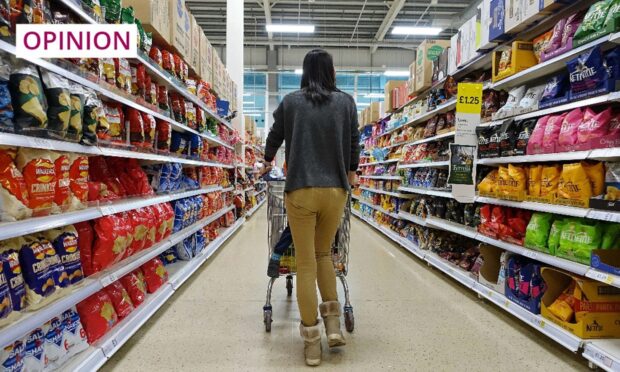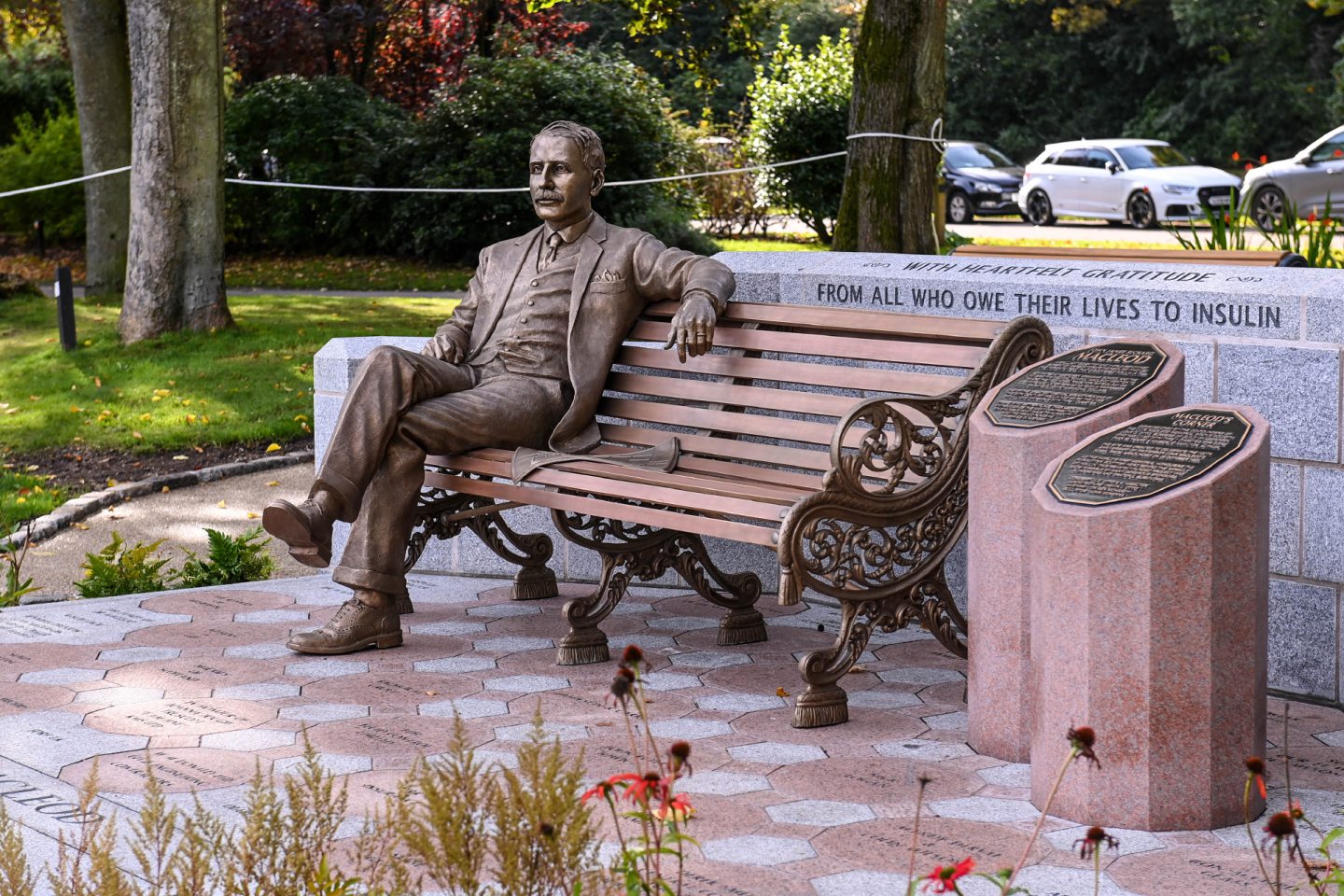My Fat Elvis period came in the mid to late 2010s. I was working away from home a lot, which had left me less than gruntled.
I dealt with this by eating too much, drinking too much, and wholly failing to exercise.
Gradually, I began putting on weight, which I didn’t really notice until other people started to. My BMI became TMI. It was probably inadvisable that I also shaved my hair off, which left my head resembling a thuggish Christmas bauble.
I was out of shape, too round for comfort and for contentment. And, of course, the unhappier I became with myself, the more I guzzled and supped, and the porkier and wobblier I got. What you might call a viscous circle.
Eventually, crisis point was reached. I changed jobs so that I was travelling less, stopped eating breakfast and quit the booze. We bought a boisterous dog who requires regular long walks, regardless of the conditions pertaining outside. The bulk began to fall away.
If I feel better about myself today, that period nevertheless gave me an insight into a situation that too many people inhabit, at least some of the reasons for it, and how difficult it can be to escape.
Majority of Scottish people over 16 are overweight or obese
Research published by the Tony Blair Institute estimates that Britain’s weight problem is costing the economy £98 billion a year, a figure it calculates could rise by a further 10% by 2040.
Our society is getting older, sicker, heavier and less productive. In a speech to the Royal Society on Monday night, Henry Dimbleby, the UK Government’s former food adviser, warned that “we will end up both a sick and impoverished nation”. The NHS, he added, “will suck all the money out of the other public services” and “at the same time, economic growth and tax revenue will stagnate.”
The UK has one of the highest rates of obesity in Europe: in 1970, 10% of British adults were obese, but that figure has risen to one-third today. When you add in those who are merely overweight, the statistic increases to two-thirds.
This is an area where Scotland has, for a long time, punched above its, er, weight. We have some of the country’s worst health statistics when it comes to obesity-related illnesses, such as Type 2 diabetes, heart disease, stroke and various cancers.
Statistics released earlier this year by the Scottish Public Health Observatory, based on 2020 data, found that a majority percentage of the Scottish population aged over 16 is within the overweight and obese category – 35% are categorised as obese, and 28% as overweight. More than 300,000 of these adults are in north-east Scotland. The Blair Institute’s methodology would likely inflate the figures significantly.
We should learn more about this state of affairs from the latest Scottish Health Survey, with fresh data on diet, obesity, physical activity, smoking, and alcohol and drugs. No one is expecting positive change.
Scottish Government public policy is confused
It doesn’t help that Scotland’s public policy in the area is currently confused. In May, First Minister Humza Yousaf announced he was shelving plans set out by his predecessor Nicola Sturgeon to tackle obesity.
These included proposals to ban the sale of caffeine-heavy energy drinks to under-16s, the restriction of promotions on unhealthy food and drink, and a requirement that calorie information be included on menus, including those for pre-packed food such as sandwiches, online takeaway menus, and children’s menus.
Many companies in the food and drink sector were opposed to some or all of these measures, and Yousaf’s decision was, in part, an attempt to burnish his pro-business credentials. However, we have yet to hear any replacement plan, which leaves the nation somewhat adrift.
Neither is it ideal that Michael Matheson, the health secretary, is currently mired in scandal. An inquiry is underway into his £11,000 expenses claim for an iPad bill which he says was due to his children watching football matches while the family was holidaying in Morocco.
Matheson has agreed to pay back the bill, but serious questions remain about his judgment and whether any further sanction should be applied. My own view is that it’s cause for resignation, especially as he initially lied to reporters about the reason for the claim.
To make matters worse, at the weekend, the Sunday Mail reported that the minister and SNP MSP had also ignored Scottish Government legislation, by failing to declare the licence and energy rating on adverts for a cottage he owns and lets out on Skye.
Obesity is far from Scotland’s only health problem
If obesity is one of Scotland’s major health problems, it is far from the only one. Our NHS is in a state of disrepair that is verging on collapse.
Today it emerged that, despite the extreme waits currently facing patients north of the border, Matheson had rejected an offer from the English health service in August of use of its spare capacity to bring down the lists.
Scotland’s population needs and deserves a government that puts its people above politics, whether they be sick, elderly or obese
This is either down to a Nationalist unwillingness to accept help from the much-loathed Tory Westminster, or to be seen to be relying on England for improvements, or simply to Matheson lacking the will to make a difference.
Whatever the reason, Scotland’s population needs and deserves a government that puts its people above politics, whether they be sick, elderly or obese. It’s not at all clear that it currently has one.
Chris Deerin is a leading journalist and commentator who heads independent, non-party think tank, Reform Scotland



Conversation